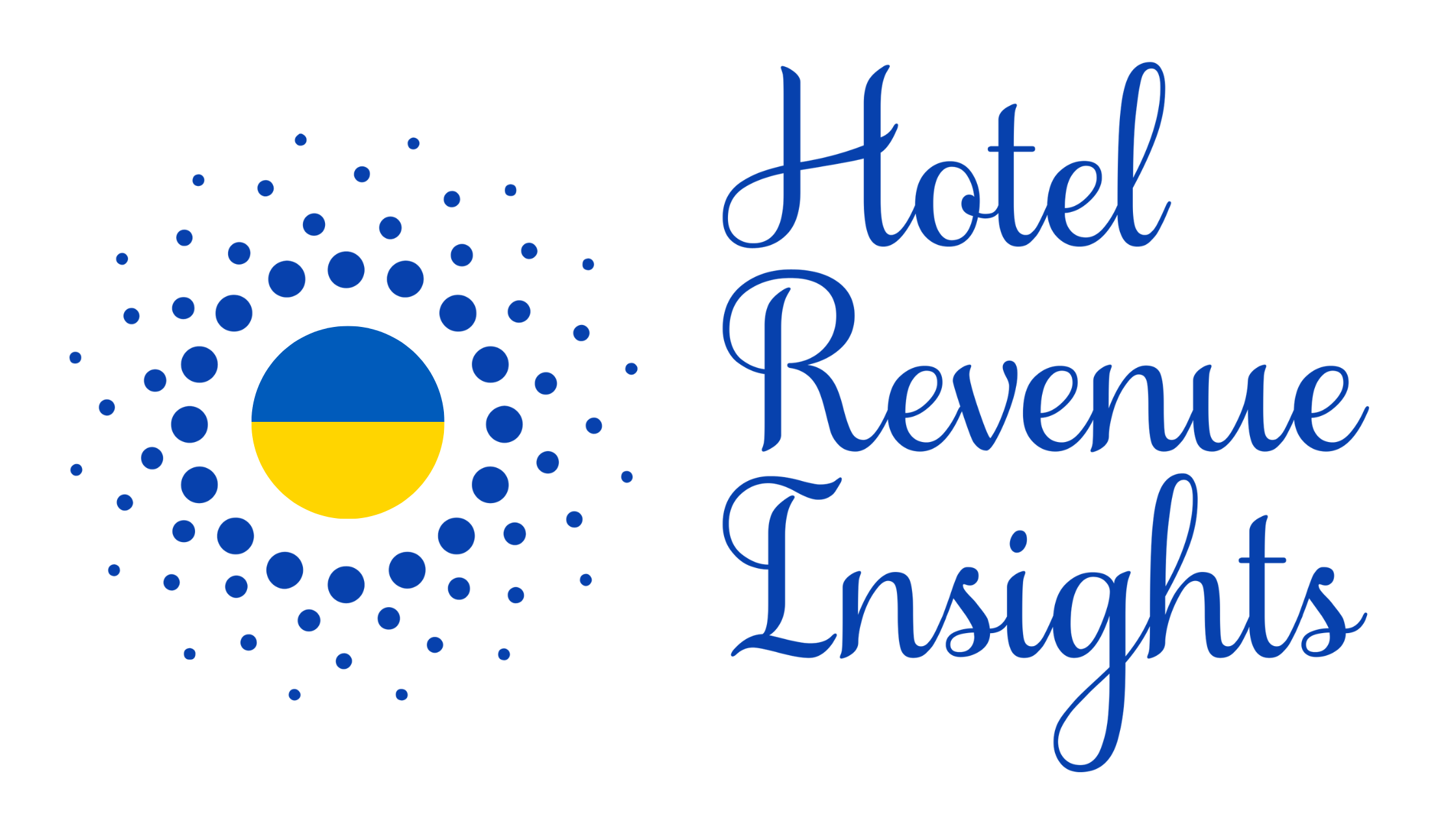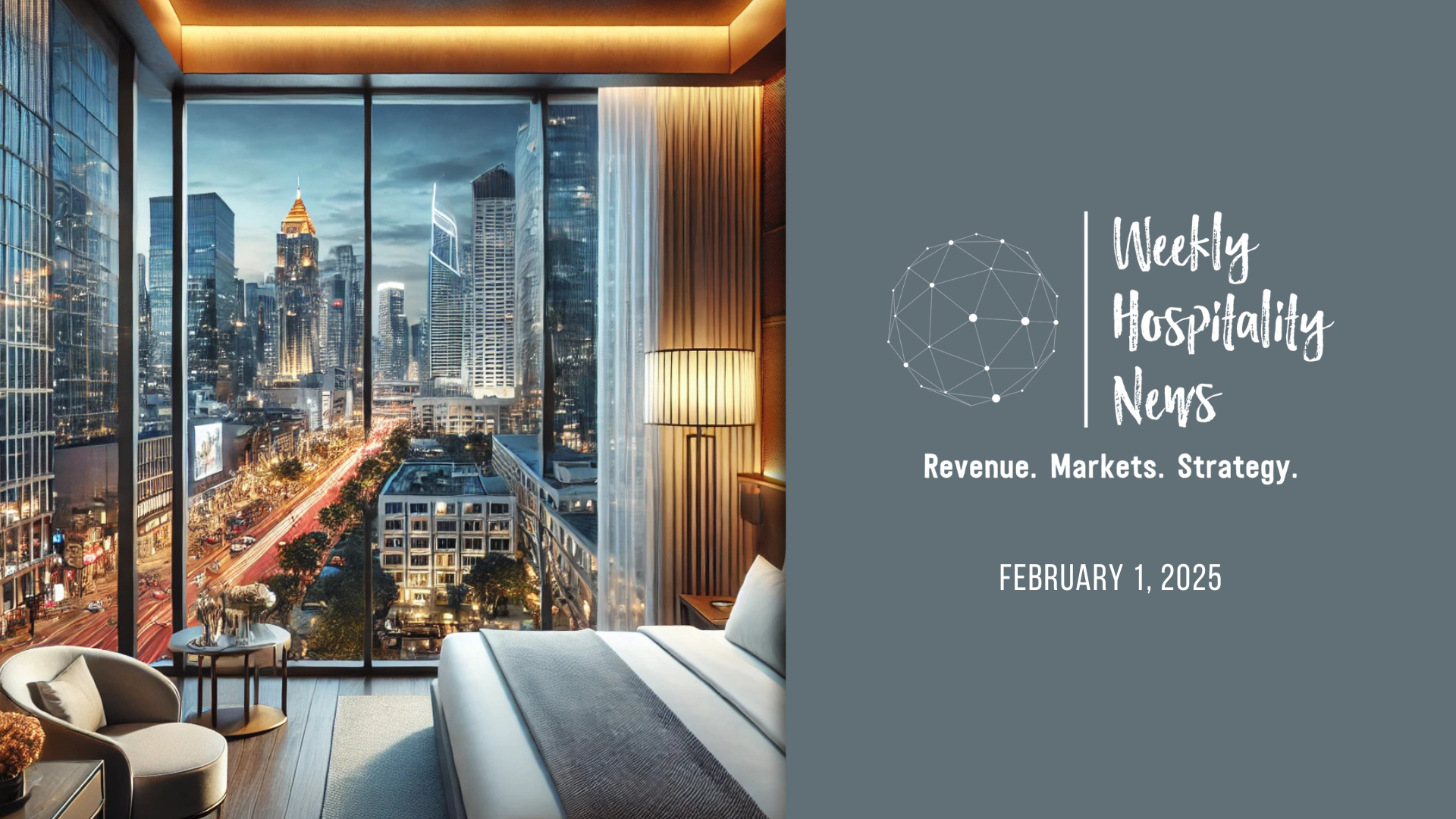
Weekly Insights. February 1, 2025
Best hospitality industry articles focused on 💵revenue, 📊markets, and 🎯strategy (Jan 26 - Feb 1, 2025).
Is offering differentiated hotel pricing based on the geographic location of the guest a viable revenue management approach?
Recently, the San Francisco Chronicle (SFGate) conducted a research on the major OTA platforms to compare hotel prices for the same hotel rooms, during the same hotel stays, using different devices, browsers and while browsing from different geographic regions.
SFGate found out that the most popular hotel booking sites raise their prices substantially when people living in San Francisco and the surrounding Bay Area use these online booking platforms, compared to users browsing from less affluent cities, like Phoenix and Kansas City.
SFGate noted that "In one shocking case, the Bay Area test user was offered a nightly rate for a Manhattan hotel room that was $500 more per night than the rate offered to consumers in the less affluent cities for the exact same room and dates."
Obviously, the OTAs assume that people living in the San Francisco area can afford higher hotel rates, compared to people living in lower income areas of the country.
The question is, does offering differentiated hotel pricing based on the guest's geographic location constitute a smart revenue management approach?
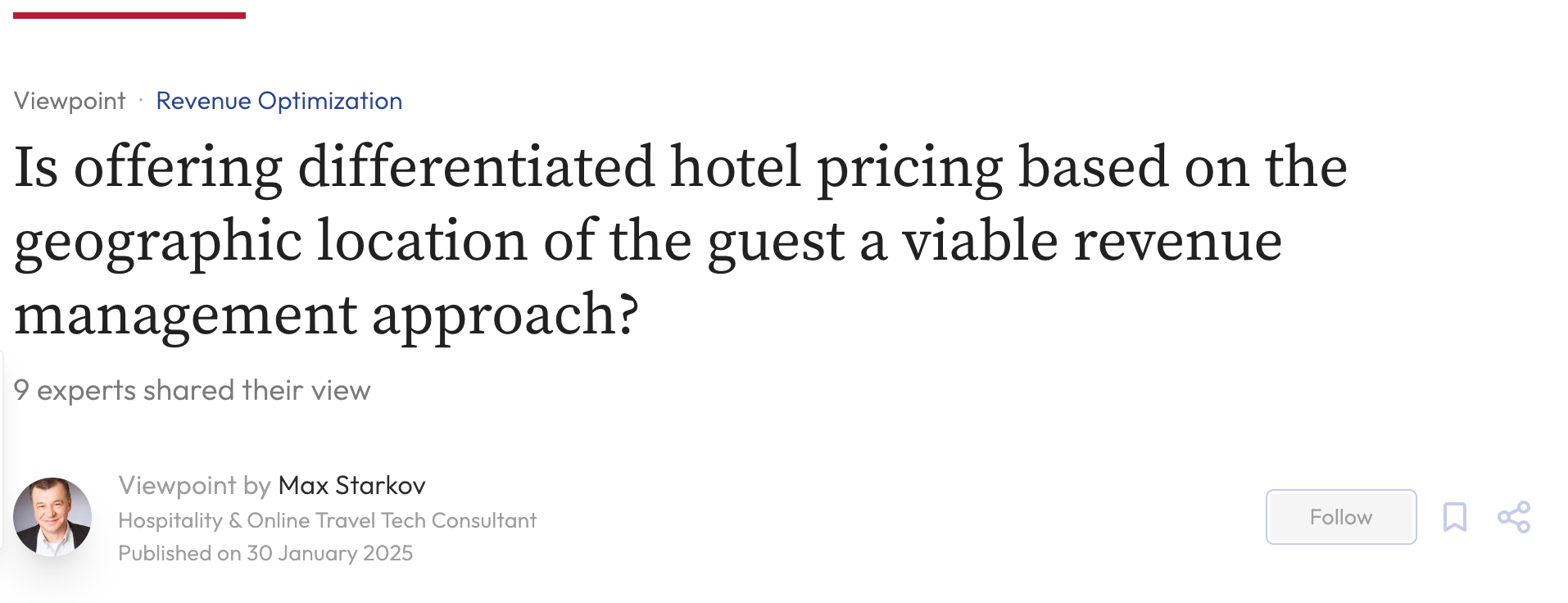
The rise of Wellness Tourism and its transformative impact
This article explores the rapid growth of wellness tourism, a sector projected to reach $8.5 trillion by 2027. It highlights key trends such as the integration of holistic health practices, eco-conscious travel, and the convergence of fitness and hospitality. Wellness tourism is distinct from medical tourism, focusing on proactive health experiences like yoga retreats, luxury spas, and mindfulness programs. Hotels and destinations can capitalize on this movement by incorporating wellness elements that enhance guest satisfaction, promote sustainability, and offer immersive, culturally rich experiences.

Comp Sets decoded: The key to smarter hotel benchmarking
This article explores the importance of comp sets in hotel benchmarking, emphasizing their role in optimizing revenue, cost management, and operational efficiency. It highlights the need for carefully curated comp sets that balance similarity (e.g., location, amenities, star rating) and competition (e.g., guest segmentation, seasonality).
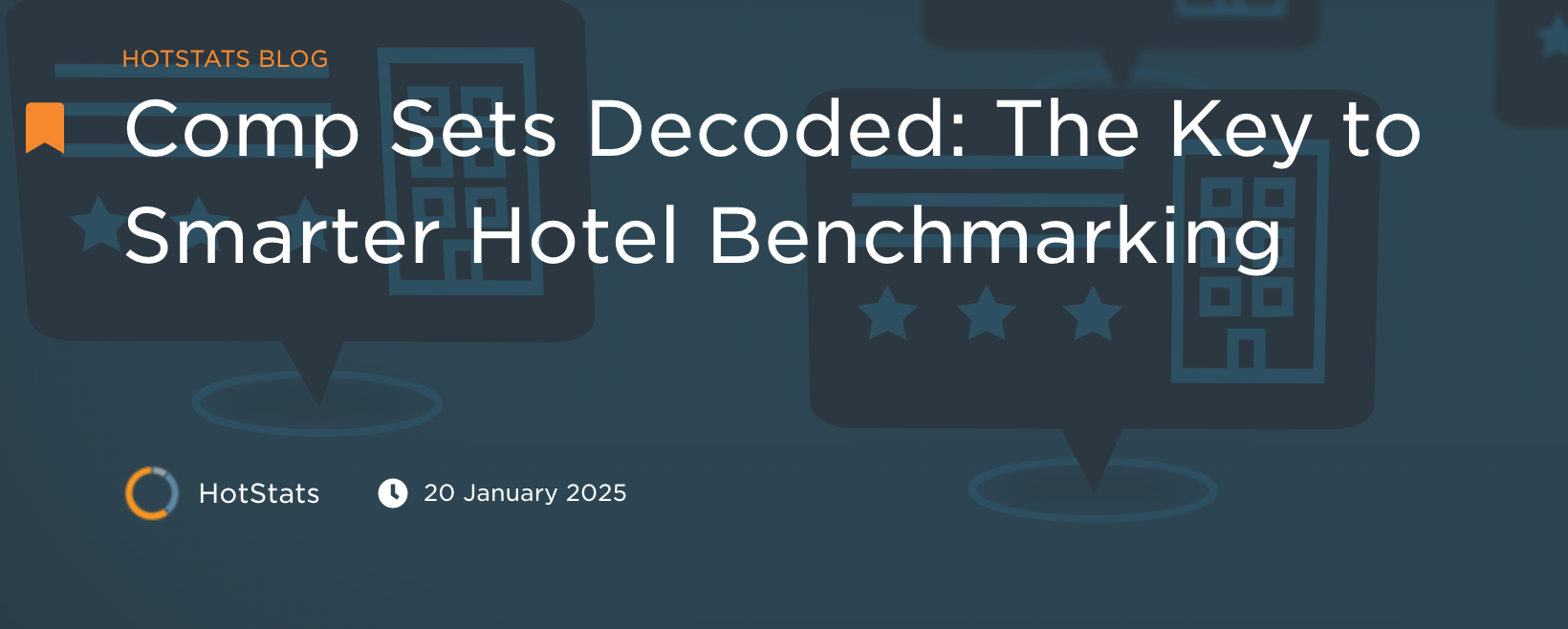
The three biggest problems for Revenue Managers and how to solve them
This article identifies three major challenges revenue managers face and provides strategic solutions to overcome them. First, inconsistent and overwhelming data from multiple sources creates inefficiencies, making it difficult to extract actionable insights. Revenue managers can address this by implementing data integration tools, standardizing processes, and training staff on data accuracy. Second, attracting the most profitable guests—not just filling rooms—requires a shift from occupancy-based metrics to a total revenue approach, focusing on high-value segments and reducing reliance on OTAs. Finally, forecasting amid uncertainty remains a challenge due to fluctuating demand and economic conditions. Advanced AI-driven analytics, historical trends, and cross-functional collaboration can improve predictive accuracy, ensuring revenue managers make data-backed, profitable decisions.

Are “10 blue links” the future of Google metasearch?
This article examines Google's recent testing of a "10 blue links" search format, a response to regulatory pressures from the EU’s Digital Markets Act (DMA) and the UK’s Competition and Markets Authority Act. The changes aim to reduce Google's dominance by removing visual elements like maps and metasearch features, potentially leveling the playing field for independent hotels. However, early tests indicate lower user satisfaction, longer search journeys, and a decline in direct traffic to hotel websites. Article discusses the evolving landscape of metasearch, the implications for hoteliers, and how OTAs like Booking.com may respond to regulatory shifts.
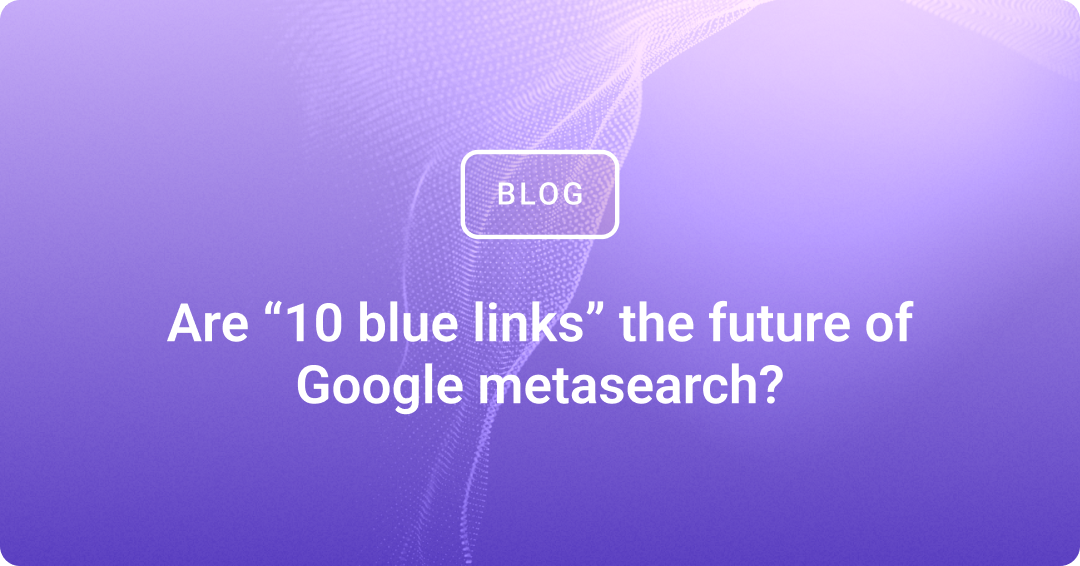
Unique website content for every visitor with Swaps
This article introduces "Swaps," a new website personalization tool for hotels that dynamically customizes content based on visitor profiles. By automatically adjusting text and images according to targeting rules, Swaps enables hotels to create hyper-personalized guest experiences without requiring technical expertise. The tool helps increase direct bookings by showcasing relevant offers, amenities, and messages tailored to different traveler segments, such as couples, families, or international guests.
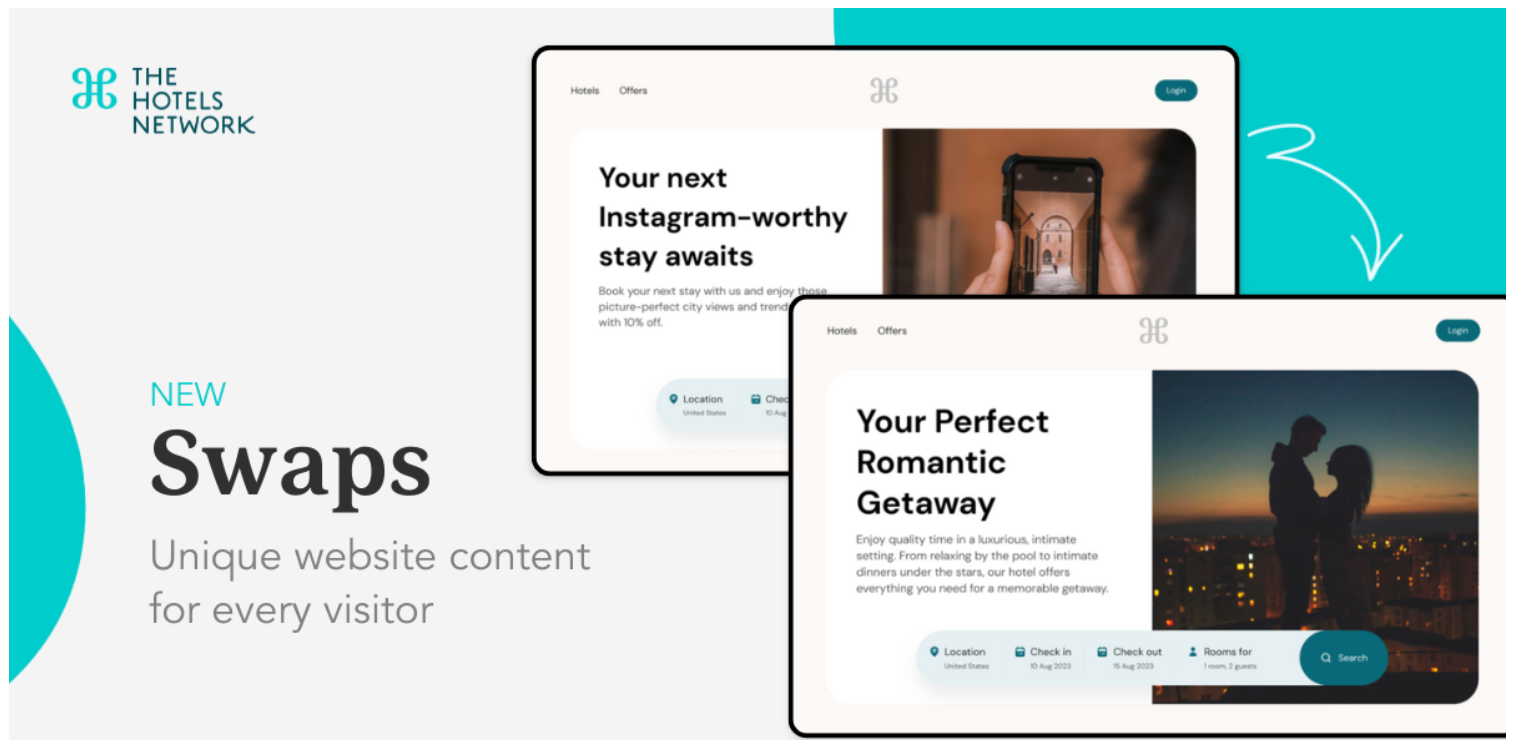
10 game-changing digital marketing trends shaping the hospitality industry in 2025
This article explores ten key digital marketing trends that will shape hotel success in 2025. AI-powered personalization will drive hyper-targeted guest experiences, while omnichannel strategies ensure seamless engagement across platforms. Nano and virtual influencers will gain traction in hospitality marketing, and voice search optimization will become essential for travel queries. Sustainability messaging, zero-party data collection, and immersive short-form videos will enhance brand trust and visibility. Social commerce will enable direct bookings on platforms like Instagram and TikTok, while AR previews and smart automation will elevate the guest booking journey. Adopting these trends will help hotels increase direct bookings, improve customer engagement, and stay competitive.

Hotel Revenue Insights Recommends
The art of revenue: A complete guide on revenue management by Diego de Ponga
Mastering Hospitality Ancillary Revenue: Proven tactics for ancillary revenue growth in hotels, bars, restaurants & spas by Pablo Torres
Hotel Tech 101: How Everything Works Together (…And Does It?) by Ira Vouk
Follow on LinkedIn
